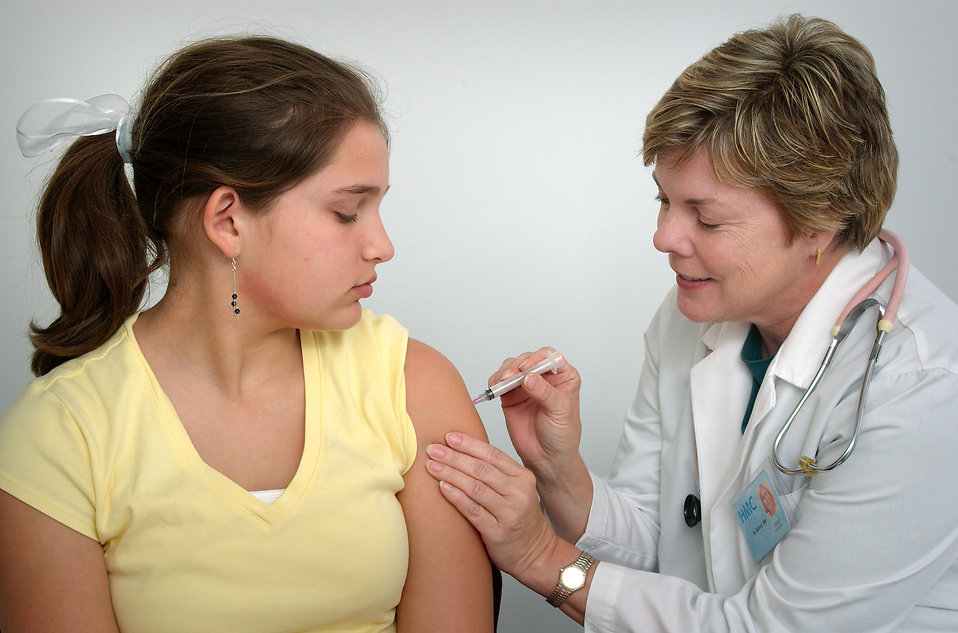Sugar during pregnancy makes babies fat: New study links carbohydrate-rich food with childhood obesity
09/04/2018 / By Zoey Sky

Data from A*STAR research has revealed that mothers who consume a lot of sugary foods during pregnancy could be putting their children at higher risk of becoming overweight. However, this is only the case if the mothers are not already obese.
Yung Seng Lee, the principal investigator from the A*STAR Singapore Institute for Clinical Sciences (SICS), said, “It is interesting to see how nature and nurture interact to affect a child’s outcomes.”
SICS research fellow Izzuddin Aris added, “Excessive and rapid growth during infancy is a risk factor for obesity, and could lead to comorbidities such as diabetes and cardiovascular disease.”
One of the first studies that considered the role of maternal nutrition in child development was the Dutch famine study. From 1944 to 1945, Germany’s occupation of the Netherlands caused food shortages and rationing to less than a quarter of the recommended daily caloric intake for adults. Babies born during this period had higher rates of diabetes, cardiovascular disease, and obesity once they reached adulthood.
Aris and Lee wanted to look into this matter in an Asian population. Lee shared, “Asians are at higher risk of diabetes at a lower body mass index compared to Caucasians.” He continued, “We have to conduct our own studies to look at the determinants and risk factors, which might be different — we can’t take data from the West wholesale for our public health decisions.”
The pair based their analysis on Growing Up in Singapore Towards Healthy Outcomes (GUSTO), a SICS-led long-term study of pregnant mothers and babies that visited the KK Women’s and Children’s Hospital and the National University Hospital in Singapore.
The researchers studied body fat and blood sugar levels of more than 900 mothers during their pregnancies and the size and weight of their children, including newborns up to toddlers aged three years old. While the obese mothers had heavier children compared to non-obese mothers, the sugar levels of the two groups “showed a different story.”
In non-obese mothers, every extra half millimole of glucose per liter of blood increased their child’s odds of being overweight by 36 percent. In obese mothers, every extra unit decreased the risk by 41 percent. Aris posited that the latter result could’ve been caused by a “mismatch” in expectations. Since they were used to a “high-fat and high-sugar environment in the mother’s womb,” the children “are programmed to expect a similar metabolic milieu outside the belly.”
The GUSTO study will help Aris and Lee monitor the children until they are nine years old. Lee concluded, “We also plan to explore their genetic and epigenetic data to uncover the underlying pathogenic mechanisms of our results.”
A mother’s diet can affect the BMI of infants
In a separate study, Singaporean researchers have determined that pregnant women with a diet high in sugar have a higher body mass index (BMI).
Ling-Wei Chen from the National University of Singapore, and his colleagues Mary Chong and Yung Seng Lee at the Singapore Institute for Clinical Sciences, interviewed 1,127 women of Chinese, Malay, or Indian background when they were 26 to 28 weeks pregnant. The women were asked about their diet during that period.
The team discovered that a woman’s carbohydrate intake, such as the amount of sugar they consume during pregnancy, was related to more rapid weight gain and a higher peak BMI during infancy even though it didn’t greatly affect the babies’ birth weight. A high carbohydrate intake was also connected to a higher BMI with children assessed at two to four years old, which suggests that the effect could be long-lasting. However, follow-up studies are required to confirm this.
Since a high sugar intake during pregnancy is associated with excessive pregnancy weight gain and a higher risk of gestational diabetes, Chen advised pregnant women to avoid sugary foods and beverages. The World Health Organization suggests getting no more than ten percent of total daily energy intake from free sugars.
Sources include:
Tagged Under: carbohydrates, childhood obesity, high sugar diet, nutrition, obese mothers, obesity, pregnancy, pregnancy diet, sugar, women's health




















